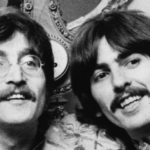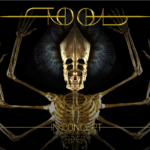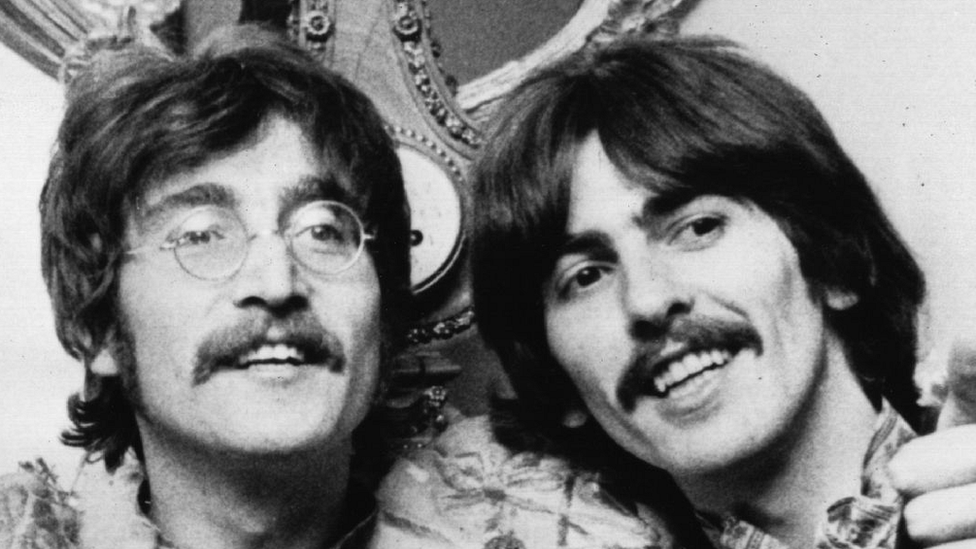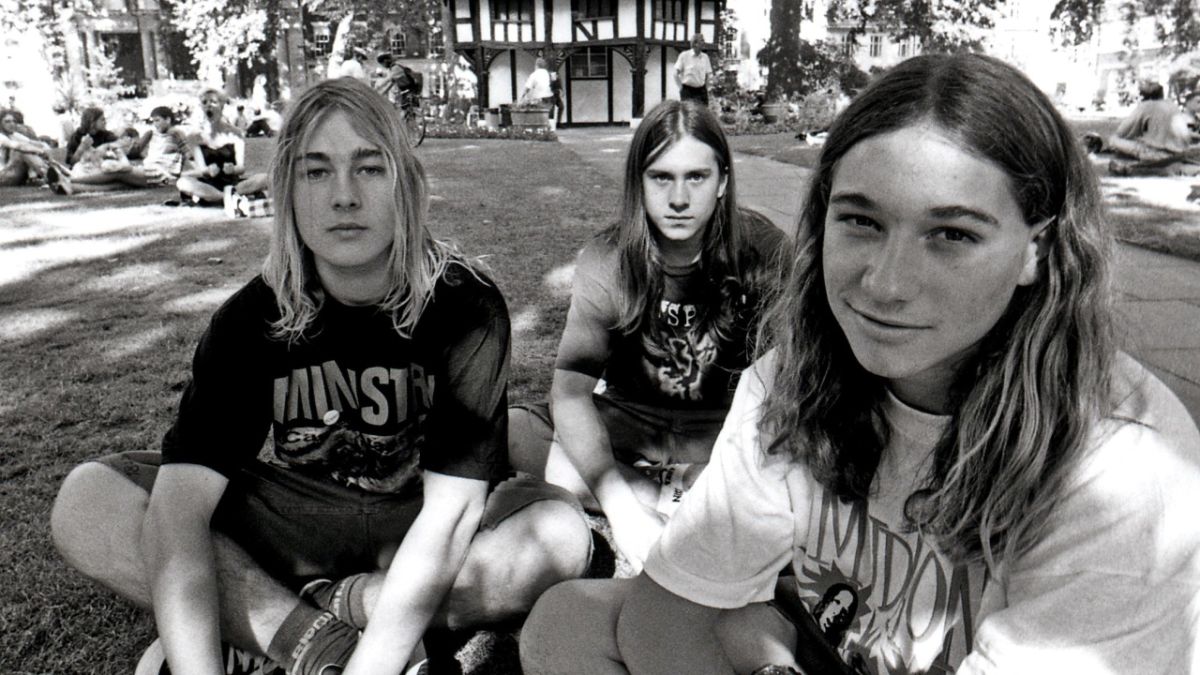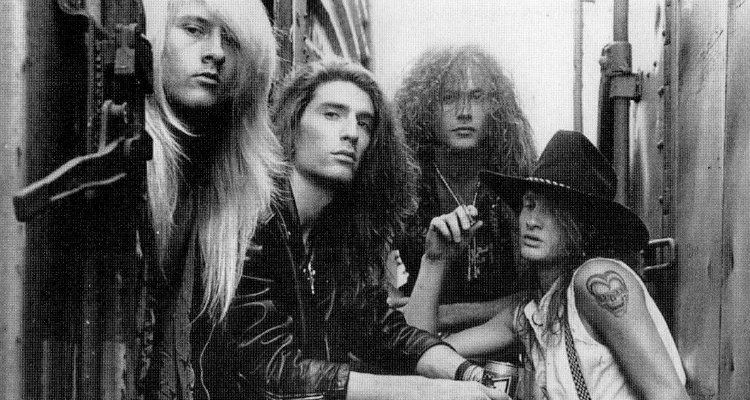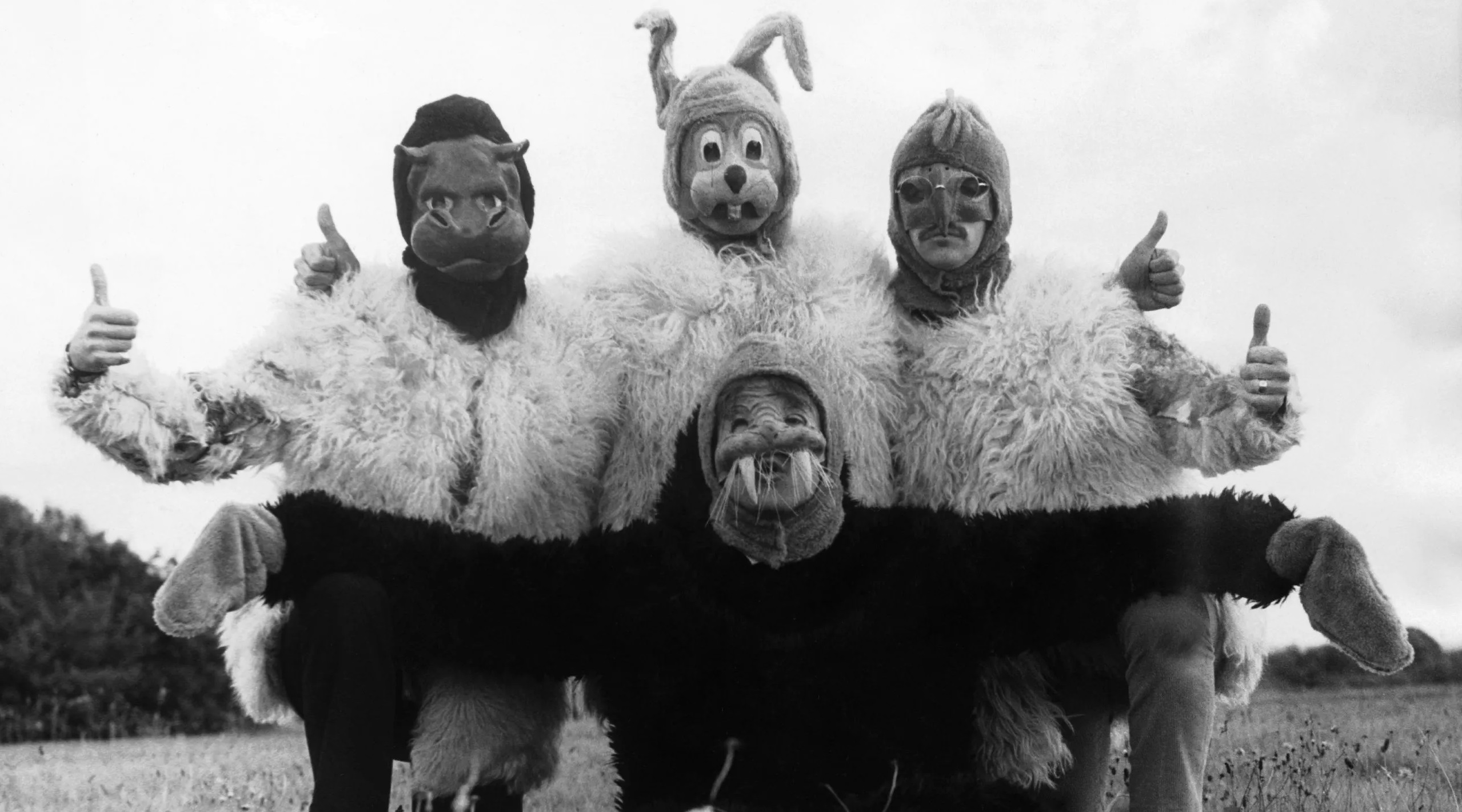Introduction
In the mid-1990s, Scott Weiland and his band Stone Temple Pilots rose to rock and roll stardom. However, Scott’s personal issues would ultimately get in the way of his potential and result in his tragic demise. This documentary takes us on a journey through the many faces of Scott Weiland, exploring his musical talent, his struggles with addiction, and his enduring legacy. From his early days as a rising star to his tumultuous battle with demons, Scott Weiland’s story is both captivating and heartbreaking.
The Early Days: Formation of Stone Temple Pilots
Two conflicting stories about frontman Scott Weiland and bassist Robert DeLeo’s meeting have been related by the band. One account suggests that they met at a Black Flag concert in Long Beach, California, in 1985, where they discovered they were dating the same woman. Instead of letting this come between them, they developed a bond and formed a band. Another version, presented by Weiland in his autobiography, recounts how he and his friends pursued Robert DeLeo after witnessing him play at various live performances. Regardless of the origin story, Weiland, DeLeo, guitarist Corey Hitchcock, and drummer David Allen eventually formed a band called Swing, which later evolved into Mighty Joe Young.

The original lineup of Stone Temple Pilots was completed when Eric Kretz joined the band as the drummer and Dean DeLeo, Robert’s older brother, replaced Hitchcock on guitar. The band recorded a demo tape in 1990, featuring tracks that would later be re-recorded for their debut album. They initially went by the name Mighty Joe Young, inspired by STP motor oil stickers they were fond of in their youth. However, they eventually settled on the name Stone Temple Pilots. By the early ’90s, Stone Temple Pilots had developed a fan base in San Diego clubs and signed with Atlantic Records in 1992.
The Rise to Fame: Core and Success
Stone Temple Pilots’ first studio album, “Core,” was released in September 1992, and it quickly climbed the charts, peaking at number three on the Billboard albums chart. The album’s success can be attributed to the hit singles it produced, including “Sex Type Thing,” “Plush,” “Creep,” and “Wicked Garden.” While the album was commercially successful, some critics dismissed the band as grunge imitators. Nevertheless, Stone Temple Pilots continued to gain fans and embarked on tours, opening for notable bands such as Rage Against the Machine and Megadeth.

Despite the initial skepticism from the music press, Stone Temple Pilots solidified their place in the rock scene. They headlined their own American tour in 1993, further establishing their presence in the industry. However, behind the scenes, Scott Weiland was battling his own demons, haunted by anxiety, depression, and undiagnosed bipolar disorder. The seeds of addiction were sown early on, with Weiland’s experimentation with alcohol and drugs beginning before he was even of legal age. Little did anyone know that this would become a recurring theme throughout his life and career.
The Demons Within: Addiction and Tragic Downfall
As Stone Temple Pilots gained success, Scott Weiland’s addiction issues escalated. With fame came access to drugs, and Weiland’s substance abuse began to consume his life. What started with alcohol quickly progressed to more potent drugs, including heroin and cocaine. Weiland’s battles with addiction and his subsequent legal troubles would often overshadow his musical achievements.
Throughout the 1990s and early 2000s, Weiland’s personal life became increasingly tumultuous. He was arrested multiple times for drug-related offenses, and his struggles with addiction strained his relationships with bandmates and loved ones. Despite his troubles, Weiland’s talent remained undeniable, and his stage presence captivated audiences. Stone Temple Pilots released several successful albums during this period, including “Purple” (1994), “Tiny Music… Songs from the Vatican Gift Shop” (1996), and “No. 4” (1999). Each album showcased the band’s evolution and Weiland’s versatility as a vocalist.

In 2002, Weiland took a temporary break from Stone Temple Pilots and embarked on a solo career, releasing the album “12 Bar Blues.” The album received positive reviews, with critics praising Weiland’s experimentation with different musical styles. However, his personal struggles persisted, and he faced multiple relapses and rehab stints over the years.
Moments of Clarity and Attempts at Sobriety
Despite the dark cloud that loomed over Weiland’s life, there were moments of clarity and attempts at sobriety. In 2008, Stone Temple Pilots reunited and embarked on a successful tour. The band released a new self-titled album in 2010, which received favorable reviews and reaffirmed their status as one of the leading rock acts of their time.
Weiland’s personal life also showed signs of improvement. In 2000, he married Mary Forsberg, and they had two children together. Weiland seemed committed to being a loving husband and father, aiming to provide a stable environment for his family. However, the grip of addiction proved too powerful to overcome completely.

In 2013, Stone Temple Pilots announced that they had fired Weiland due to his erratic behavior and apparent drug use. Weiland, in turn, sued the band, claiming they did not have the right to use the Stone Temple Pilots name without him. A legal battle ensued, which further strained the already fractured relationship between Weiland and his former bandmates.
Tragic End and Enduring Legacy
On December 3, 2015, the music world was stunned by the news of Scott Weiland’s death. He was found dead on his tour bus in Minnesota, with the cause of death determined to be an accidental overdose of drugs. The rock icon’s passing sent shockwaves through the music industry, and fans mourned the loss of a talented artist whose struggles were intertwined with his music.
Scott Weiland’s legacy lives on through his music, which continues to inspire and resonate with fans around the world. Stone Temple Pilots’ discography, with its mix of hard-hitting rock anthems and introspective ballads, remains a testament to Weiland’s songwriting prowess and vocal range. His ability to convey raw emotion through his performances is a testament to his talent and the impact he had on the rock music scene.
In recent years, Stone Temple Pilots have continued to honor Weiland’s memory by recruiting new vocalists, including Chester Bennington and Jeff Gutt. These efforts have allowed the band to keep performing and sharing their music with fans while paying tribute to their late frontman.
Summary
Scott Weiland’s life was a rollercoaster of triumphs and tragedies. From his meteoric rise to fame as the frontman of Stone Temple Pilots to his battles with addiction and personal demons, his story is a testament to the destructive power of substance abuse. Yet, amidst the darkness, Weiland’s musical talent and onstage charisma shone brightly, leaving an indelible mark on the world of rock music.
As fans, we remember Scott Weiland not only for his struggles but also for his extraordinary voice and his ability to connect with audiences on a deep level. His songs continue to evoke powerful emotions and serve as a reminder of his undeniable talent. Though his life was cut short, Scott Weiland’s influence and his place in rock music history will endure, forever etching his name in the annals of rock and roll legends.


